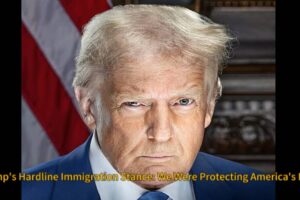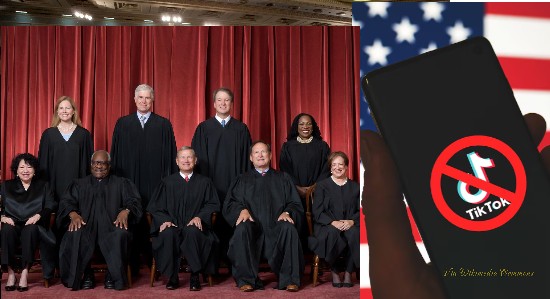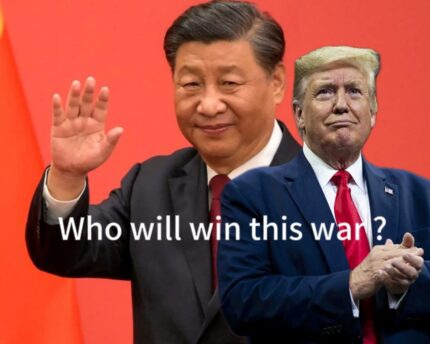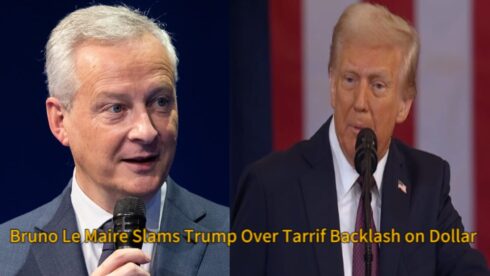U.S. officials are scrambling to stop a TikTok ban tied to a new law demanding its Chinese owner, ByteDance, sell its stake over national security concerns. AP News also reported that “The U.S. Supreme Court has upheld a federal law requiring TikTok, owned by China’s ByteDance, to divest its U.S. operations. As of January 17, 2025, TikTok faces a critical deadline of January 19 to comply with the mandate or face a nationwide ban.” This decision stems from growing national security concerns over potential data misuse and Chinese government influence.
The Biden administration has taken a measured approach, indicating it will not enforce the ban. Instead, the responsibility now falls on the incoming Trump administration. While the Supreme Court’s ruling highlights bipartisan support for addressing potential threats posed by foreign-owned platforms, the implementation remains fraught with political and logistical challenges.
President-elect Trump’s Review of the Situation on TikTok Ban
President-elect Donald Trump has signaled his intention to closely review the TikTok ban before deciding on enforcement. Known for his assertive stance on China during his previous term, Trump’s decision could have far-reaching implications for U.S.-China relations and the tech industry.
Trump’s deliberation reflects the broader debate over balancing national security with free market principles. Supporters of the divestment argue it is a necessary safeguard, while critics contend it sets a dangerous precedent for government interference in private enterprise. The upcoming decision will undoubtedly shape the incoming administration’s approach to tech regulation and foreign policy.
TikTok Users Migrate to Alternatives Amid Uncertainty
The uncertainty surrounding TikTok’s future has prompted a wave of migration among its U.S. user base. Notably, over half a million users have joined Xiaohongshu, also known as RedNote, a Chinese app gaining popularity as a form of protest against the potential ban. This migration underscores the app’s cultural and economic significance.
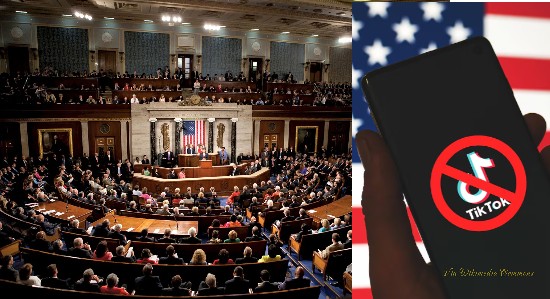
While RedNote has facilitated unique cultural exchanges between American and Chinese users, challenges remain. Many U.S. users have struggled to adapt to the app’s content restrictions and language barriers, highlighting the complexities of global digital platforms. This trend also raises questions about the resilience of user communities and the role of social media in fostering international dialogue.
Impacts on the Music Industry and Digital Promotion
The potential TikTok ban could reverberate across the music industry, where the platform has become indispensable for promotion and discovery. Emerging artists have relied on TikTok’s algorithm to gain exposure, while established musicians use the app to connect with younger audiences. Industry experts warn that replicating TikTok’s unique ecosystem on alternative platforms will be challenging.
In response, some music labels and artists are exploring grassroots promotion and other digital channels to compensate for the potential loss. However, these efforts may fall short of replicating TikTok’s unparalleled influence. As the January 19 deadline looms, stakeholders across industries are bracing for a seismic shift in the digital landscape.
The Road Ahead: Uncertainty and Potential Outcomes of a Potential TikTok Ban
With the divestment deadline imminent, TikTok’s future in the U.S. hangs in the balance. Potential outcomes include a forced sale, an extension of the deadline, or the implementation of a nationwide ban. Each scenario carries significant implications for ByteDance, TikTok’s vast user base, and broader U.S.-China relations.
The incoming Trump administration’s decisions will be pivotal in shaping this saga. As debates over national security, free enterprise, and global digital ecosystems continue, the resolution of TikTok’s fate will likely serve as a precedent for future tech policy and regulation.



